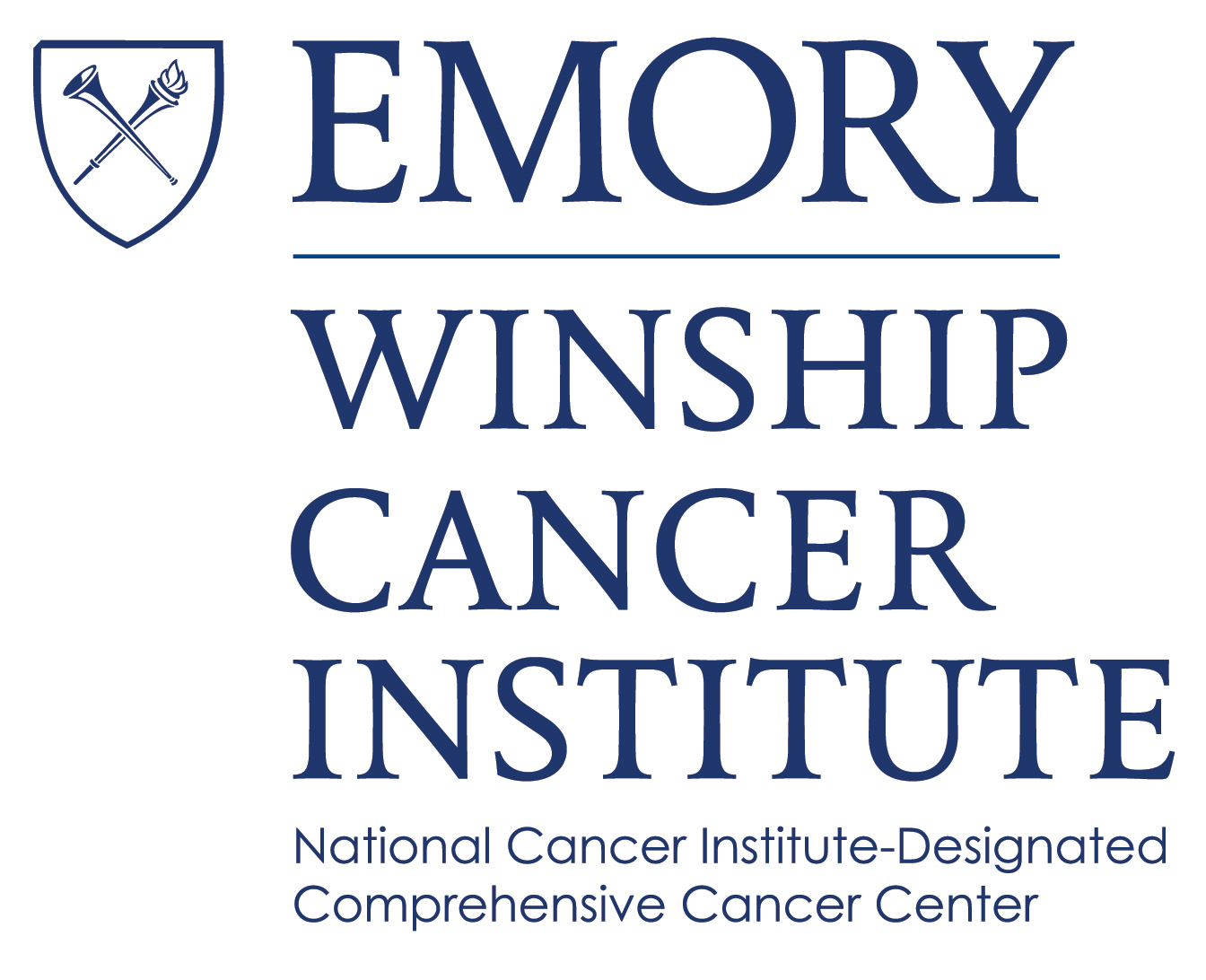- Advertise
- About OncLive
- Editorial Board
- MJH Life Sciences brands
- Contact Us
- Privacy
- Terms & Conditions
- Do Not Sell My Information
2 Clarke Drive
Suite 100
Cranbury, NJ 08512
© 2025 MJH Life Sciences™ and OncLive - Clinical Oncology News, Cancer Expert Insights. All rights reserved.
Dr. Cohen on the Potential of BTK Inhibitors in Frontline Treatment of MCL
Jonathon B. Cohen, MD, assistant professor, Department of Hematology and Medical Oncology, Emory University School of Medicine, Winship Cancer Institute of Emory University, discusses the potential of Bruton tyrosine kinase (BTK) inhibitors in the frontline treatment of patients with mantle cell lymphoma (MCL).
Jonathon B. Cohen, MD, assistant professor, Department of Hematology and Medical Oncology, Emory University School of Medicine, Winship Cancer Institute of Emory University, discusses the potential of Bruton tyrosine kinase (BTK) inhibitors in the frontline treatment of patients with mantle cell lymphoma (MCL).
There are a number of ongoing studies that investigating whether BTK inhibitors such as ibrutinib (Imbruvica) should be used the frontline setting in patients with MCL, says Cohen. A study presented at The University of Texas MD Anderson Cancer Center looked at patients who had received ibrutinib as a single agent prior to receiving a chemotherapy-based consolidation regimen and showed promise.
Although that approach demonstrated activity in patients with MCL, physicians are still faced with several challenges with BTK inhibitors, notes Cohen. As opposed to patients with chronic lymphocytic leukemia (CLL), most patients with MCL who receive single-agent ibrutinib or acalabrutinib (Calquence) will progress, whereas over 90% of patients with CLL who receive ibrutinib in the frontline setting will stay in remission for up to 5 years. Therefore, ibrutinib’s path forward in MCL will likely lie in combinations, concludes Cohen.


